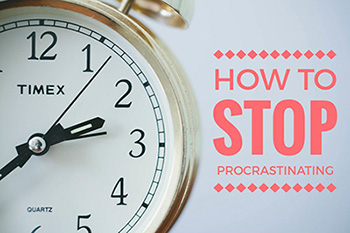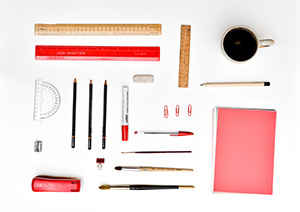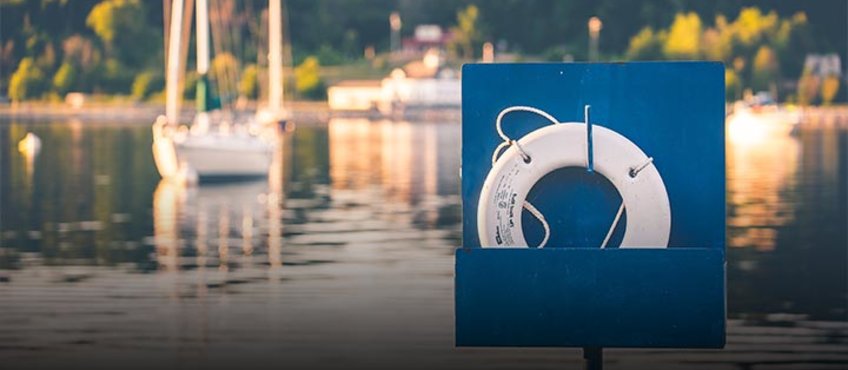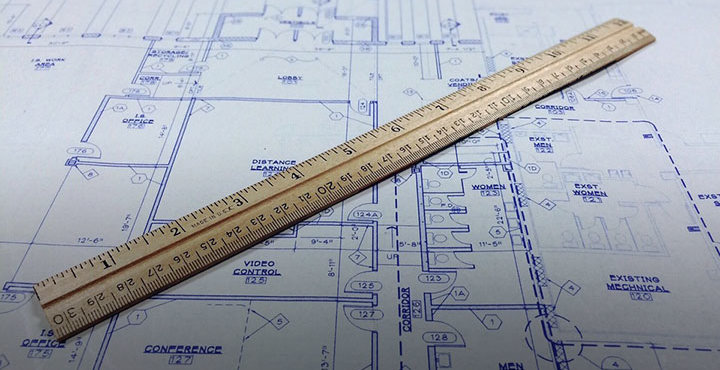 Delaying, postponing, deferring—you know what I'm talking about: procrastinating. We've all been there, and we all know how awful it can be to keep pushing something back further and further until it can't be pushed anymore. As a student, you're constantly being bogged down with papers, assignments, tests to study for . . . the list goes on. Things pile up quickly, and before you know it, you're left with just one day (or night) to do it all. Yikes! And while it's easy to fall into the category of a procrastinator, believe it or not, it's just as easy to climb back out and become proactive about your studies. In fact, things seem to become easier when you've got them under control. Your work will seem more manageable (because it will be), which means that you'll have more free time to do the things you like. You'll actually spend less time (or no time!) thinking about all the work you have to do, so it's a total win–win. Score!
Delaying, postponing, deferring—you know what I'm talking about: procrastinating. We've all been there, and we all know how awful it can be to keep pushing something back further and further until it can't be pushed anymore. As a student, you're constantly being bogged down with papers, assignments, tests to study for . . . the list goes on. Things pile up quickly, and before you know it, you're left with just one day (or night) to do it all. Yikes! And while it's easy to fall into the category of a procrastinator, believe it or not, it's just as easy to climb back out and become proactive about your studies. In fact, things seem to become easier when you've got them under control. Your work will seem more manageable (because it will be), which means that you'll have more free time to do the things you like. You'll actually spend less time (or no time!) thinking about all the work you have to do, so it's a total win–win. Score!
So, before you have a chance to start procrastinating and not read this article, I'm going to give you my top 12 tips on how to stop procrastinating. Trust me: it's a whole lot easier than you think!
1. Make a to-do list and put it somewhere you can see.
Every day or every week (or both), make a to-do list of all the things you want to accomplish. This includes making certain notes, doing research for a paper, writing an essay . . . whatever tasks you have coming up. Then, set deadlines for these tasks. Not only will this organization be important for planning out your tasks, but seeing them written down on paper next to their due dates will make them less abstract and more real—which will make you that much more determined to complete them on time.
2. Eat your veggies first (metaphorically speaking).
When it comes to eating dinner, you want to save the  best for last, right? The best is usually dessert, so what does that mean you should eat first? Your veggies, of course! Get those veggies out of the way, and you're one step closer to the best part of your meal—dessert! Just like eating your veggies first, finishing your most dreaded tasks first will make the rest of your tasks feel much less stressful. Once the worst part is over, you can focus on things that are easier or more enjoyable . . . and you may even have more fun along the way!
best for last, right? The best is usually dessert, so what does that mean you should eat first? Your veggies, of course! Get those veggies out of the way, and you're one step closer to the best part of your meal—dessert! Just like eating your veggies first, finishing your most dreaded tasks first will make the rest of your tasks feel much less stressful. Once the worst part is over, you can focus on things that are easier or more enjoyable . . . and you may even have more fun along the way!
3. Break stuff.
And by "break stuff," I mean break larger tasks down into smaller tasks to make them more digestible and easier to do. When you have what seems like one huge project hovering over you, of course you'll do anything to avoid even starting it. But when you break this big, bad task up into smaller tasks, you'll feel less overwhelmed and realize that these smaller tasks aren't nearly as daunting as the larger one at hand.
4. Be reliable and responsible—stick to your word.
Make yourself accountable to a trusted friend or family member. It's pretty easy to let things slide when the only person you have to report to is yourself, so inform others of your goals or plans. This way, if you let yourself down, you'll be letting others down, too . . . and that's just not the kind of person you want to be.
5. Make space.
Eliminate distractions and clear your work area. Whether it's your dorm room bed or a cubicle at the library, clear your space of distractions (or set a specific time for them), and make room for the important stuff. Do you have your books, notes, and favorite pen? Great! Now put the things that aren't as important (such as your phone and that magazine you've been wanting to read) away for the time being. This will make it easier for you to hunker down and work on what you need to. In addition, if you know you get distracted by your phone or browsing the Internet while trying to study, set a time (and a time limit) to do these things after you've accomplished some of your tasks. You can even do it on your break—just make sure to stick to your schedule.
6. Finish X so you can do Y.
Tell yourself that if you finish X now, you can do Y later. For example, if you finish your report now, you can go see a movie with your friends later. This will give you incentive and help motivate you to complete your work as soon as possible.
7. Don't go it alone!
"No man is an island," so if you can ask someone for help, by all means, do so! Even if it just means asking for advice or for an opinion, you'd be surprised at how happy others will be to help you.
8. Be Little Ms. (or Mr.) Organized.
Use a planner or an agenda to keep track of your daily, weekly, and monthly tasks, projects, and goals. Give yourself realistic timelines and stick to your schedule and due dates. Bonus: There's nothing quite like that feeling of accomplishment that comes with checking things off your to-do list. Check!
9. Do.
We often spend so much time planning and plodding that it ends up taking forever to actually start doing our work! While it's important to plan and organize, you don't want to spend all of your time planning. It's the doing that actually matters, so as long as you've got a plan of what you've got to do, go on to the next step and do it! That's where the magic really happens.
10. Face your fear . . . of success.
Sounds strange, right? But you'd be surprised at how many of us are afraid of success! You see, procrastinating is easier and more comfortable than facing the fear of the responsibility that comes with success. But it's time to get out of your comfort zone. Or your comfy bed. You'll never be able to achieve great things if you're afraid of growing. It can be scary at first, but you'll feel so much better and more accomplished once you've faced your fears. Seeing you do this will inspire others to do the same, which means that your actions could have a positive ripple effect. How awesome is that?
11. Take a risk to make a change.
Fear leads to excuses, and excuses lead to procrastination . . . which means zero change. Change can be scary, so to avoid change, we procrastinate. Simple. However, the longer you a
void change, the longer it will take for things to change for the better. Without risk, there can never be a reward, so take that step to make the change that will make things better!
12. Even if you start slow, just start somewhere.
The act of starting anything is often the hardest part of all, but once you begin, you'll see that things start to get easier as you go. It doesn't matter where you start, as long as you start somewhere. Once you begin, you'll be putting yourself on the path to success. No more procrastinating for you! Even if it’s a slow go, it's still something, and it's still a start! Remember: baby steps!
So folks, there you have it. See how easy it is to stop procrastinating—and maybe even avoid procrastinating altogether? Okay, so maybe that last bit was a long shot, but trust me: once you become less of a procrastinator and more of a proactive person, tasks won't seem so daunting.
You'll feel more in control, you'll have more free time, and you'll inspire others along the way. Procrastination is full of pitfalls, but once you get the procrastination under control, you'll notice that:
- Your life will be much less stressful, and you'll be less stressed out knowing that things are under control.
- You'll appear less lazy to others. Yep, I hate to say it, but being a procrastinator makes you seem lazy. BUT, by not procrastinating, you'll show others that you're truly not the lazy person they think you are.
- You'll have more time (including free time), and you'll be more capable of making informed decisions.

Oh, and one more thing: To assist with your procrastination problem, why not enlist the help of the editors at Scribendi? Surely you're doing lots of writing, and with their knowledge and expertise, these editors will be able to take a load off your shoulders and edit your work for you . . . even while you sleep! There's no better way to "kill two birds with one stone" than by getting your beauty sleep and having your paper edited at the same time. Or, if editing's not what you need, check out the other advice and articles on the Scribendi.com website. The resources are there for you, so make the most of them. Now get to it!





